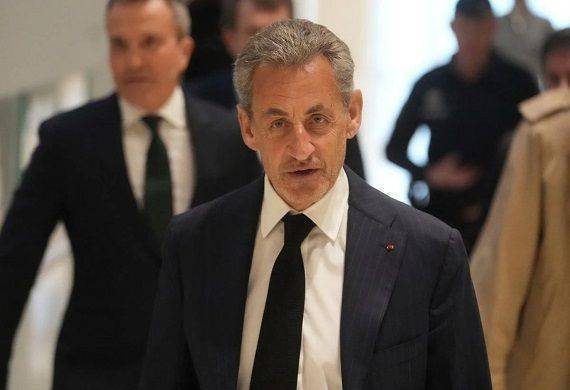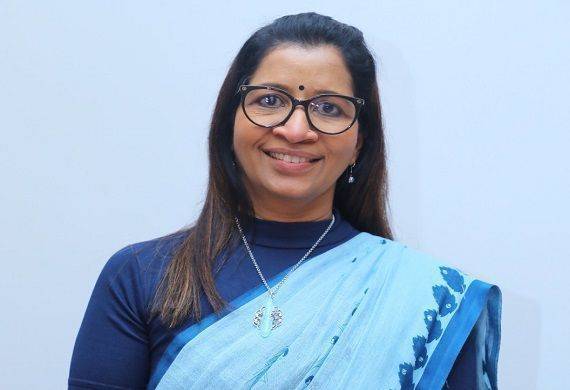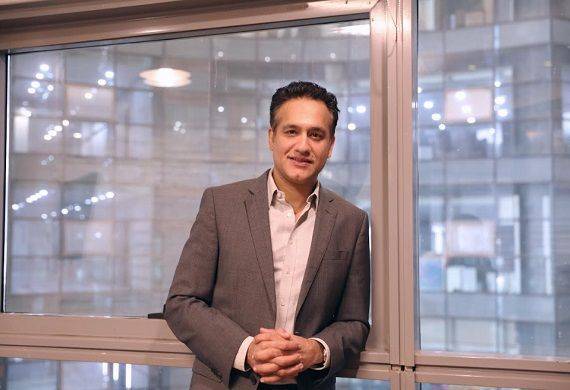Sarkozy Convicted in Landmark Libya Funding Conspiracy Trial
By Global Leaders Insights Team | Sep 26, 2025

In a historic ruling that reverberates through French politics, a Paris court on Thursday convicted former President Nicolas Sarkozy of criminal conspiracy linked to alleged Libyan financing of his 2007 presidential campaign.
The 70-year-old conservative icon was sentenced to five years in prison, becoming the first French leader in modern history to face incarceration for such crimes.
The verdict caps a two-decade saga tracing back to 2005, when Sarkozy, then interior minister, allegedly enlisted aides to secure illicit funds from Muammar Gaddafi's regime in exchange for bolstering France-Libya ties.
- Nicolas Sarkozy convicted in Libya funding conspiracy trial, sentenced to five years
- Former French president faces prison in historic Libya campaign financing case
- Sarkozy vows appeal after landmark conviction shakes French politics
Prosecutors argued that opaque financial trails—totaling millions of euros—flowed suspiciously around Sarkozy's successful bid against Socialist Segolene Royal. While no direct evidence tied Gaddafi to a quid pro quo or proved the money reached Sarkozy's coffers, the judge deemed the timeline and fund paths "compatible" with conspiracy between 2005 and 2007.
Sarkozy was cleared of parallel corruption and illegal financing charges but showed no remorse outside the courtroom. Flanked by his wife, former supermodel Carla Bruni, he decried the decision as "scandalous," vowing, "If they absolutely want me to sleep in jail, I will sleep in jail, but with my head held high." "I will not apologise for something I didn't do," he added, slamming the ruling as a blow to judicial trust and the rule of law. His lawyer, Jean-Michel Darrois, called the sentence "shocking" and pledged an appeal, insisting on Sarkozy's innocence.
The immediately enforceable term grants Sarkozy until mid-October to settle affairs before reporting to prison, potentially by October 13. This follows a string of setbacks: a 2024 upheld conviction for corruption requiring an electronic tag (now lifted), a pending appeal on 2012 campaign overspending, and June's stripping of his Legion d'Honneur.
Political fallout was swift and polarized. Right-wing allies like Interior Minister Bruno Retailleau decried "political judicialization," while leftists hailed the verdict as proof of an impartial system. Far-right leader Marine Le Pen, fresh from her own enforceable embezzlement sentence earlier this year, warned of a "grave danger" in such rulings eroding democracy. On Paris streets, reactions split: student Clement Buy praised accountability—"No one is above the law"—but retiree Jacqueline Erman lamented a witch hunt against leaders.
Advocacy group Sherpa, a trial co-plaintiff, celebrated the outcome as a triumph for "brave and independent justice." Yet Sarkozy's shadow looms large; he recently advised Prime Minister Sebastien Lecornu and endorsed Le Pen's National Rally as "republican."
Also Read: JPMorgan CEO Dimon Stresses H-1B Visas’ Critical Role for US
Critics see the case exposing France's gilded corruption underbelly, where ex-leaders like Sarkozy—once dubbed "Sarko the American" for his flair—now symbolize elite impunity's end. As appeals loom, the conviction could reshape conservative ranks ahead of 2027 elections, fueling debates on justice's weaponization.


